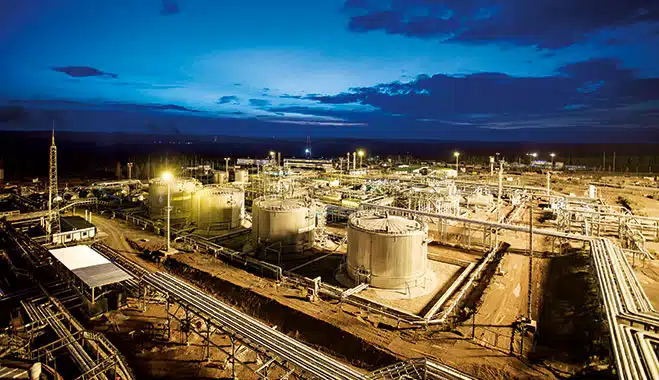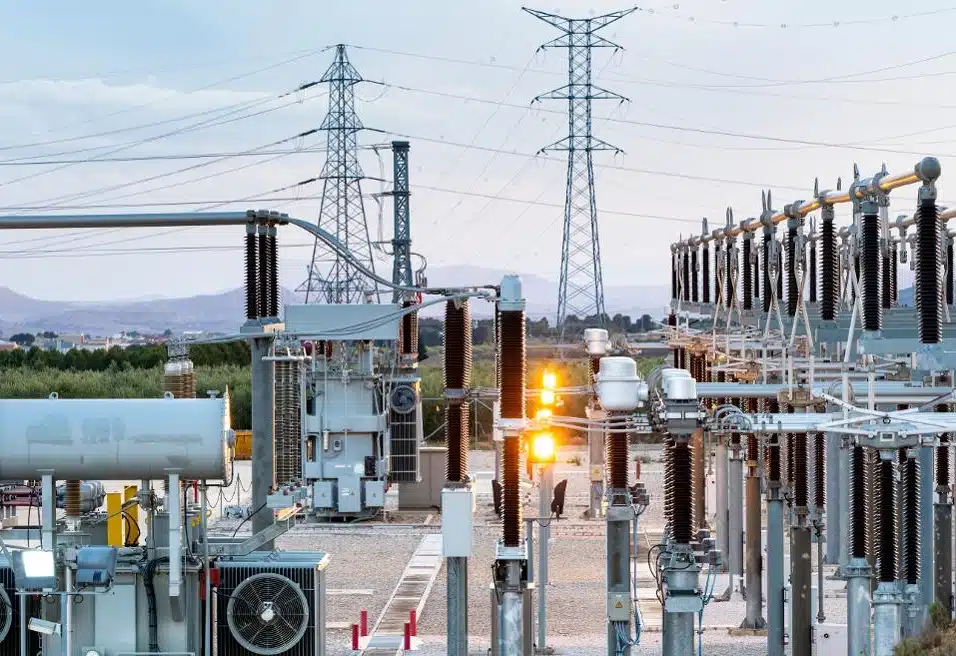The acquisition of Mobil Producing Nigeria Unlimited (MPNU) by Seplat Energy from ExxonMobil for approximately $800 million is poised to be one of Nigeria’s biggest oil and gas deals in 2024.
The deal, which involves Seplat taking over Mobil’s assets, management, and staff, further solidifies Seplat’s position as Nigeria’s largest energy company by market capitalization.
According to the Nigerian Stock Exchange, Seplat’s market valuation stands at over N3 trillion, making it one of the biggest players in the upstream and midstream oil and gas sector.
With this acquisition, the indigenous energy company is set to quadruple its revenue over the coming years and expand its presence in the gas industry.
Below are five significant takeaways from the acquisition you may have missed:
1. Revenue growth to $1.45 billion
According to a circular from Seplat, the acquisition will boost the company’s revenue by 245%, reaching approximately $1.45 billion.
Seplat’s financial report shows the company generated $625.2 million in the first nine months of 2024. This was a decline compared to the $716.4 million recorded during the same period in 2023, primarily due to lower crude oil liftings.
With the new acquisition, Seplat projects a significant jump in revenue, from $625.2 million to $1.45 billion, positioning it as one of the most liquid energy companies in the region.
2. Absorption of over 1,000 staff and 500 contractors
The deal significantly increases Seplat’s workforce.
Documents from the company show that MPNU employs approximately 1,000 staff and 500 contractors, all of whom will now be absorbed into the Seplat Group.
Commenting on the completion of the deal, Seplat’s Chief Executive Officer (CEO), Roger Brown, said:
“Today we have achieved a major milestone in the history of Seplat Energy, and I extend my thanks to the entire Seplat team for their hard work and perseverance to complete this transaction.
“MPNU’s employees and contractors have a strong reputation for safety and operational excellence, and I welcome them to the Seplat Energy Group.”
While this workforce expansion is positive, it will also result in higher overhead costs, including salaries, remuneration, and pension obligations, which will reflect in Seplat’s future financial statements.
3. Assets expansion
Apparently, the acquisition significantly expands Seplat’s operational assets.
Seplat now operates 48 active oil and gas fields and manages 5 gas processing plants, strengthening its ability to supply natural gas to homes and industries. These assets are crucial to Nigeria’s efforts to improve energy security and boost economic growth.
Additionally, the company now operates 3 export terminals, which play a key role in exporting oil and gas to international markets.
This expanded asset base is expected to drive growth in production, revenue, and energy infrastructure.
4. Oil production and reserves
Seplat is set to increase its oil output and reserves following the acquisition.
The company projects a 148% increase in oil and gas production, reaching about 119,800 barrels per day by mid-2024.
Seplat’s reserves have also grown significantly, now totaling 887 million barrels of oil equivalent (MMboe)—an 86% increase. When future resources are included, reserves are expected to rise to 1,210 MMboe, marking a 124% overall increase.
In an earlier statement, Seplat’s Chief Operating Officer (COO), Samson Ezugworie, highlighted plans to revive dormant oil blocks. He noted that of the 600 blocks acquired, only 200 are currently operational.
Seplat aims to ramp up production by reviving inoperative assets.
5. Regulatory fees cost $64 million
The acquisition incurred a significant $64 million in regulatory consent fees.
These fees include payments to government agencies such as the Nigerian Upstream Petroleum Regulatory Commission (NUPRC), among others.
In addition, Seplat reported paying $23 million in other related transaction costs.
The company estimates that the after-tax impact of this component on MPNU will range between $25 million to $35 million.










